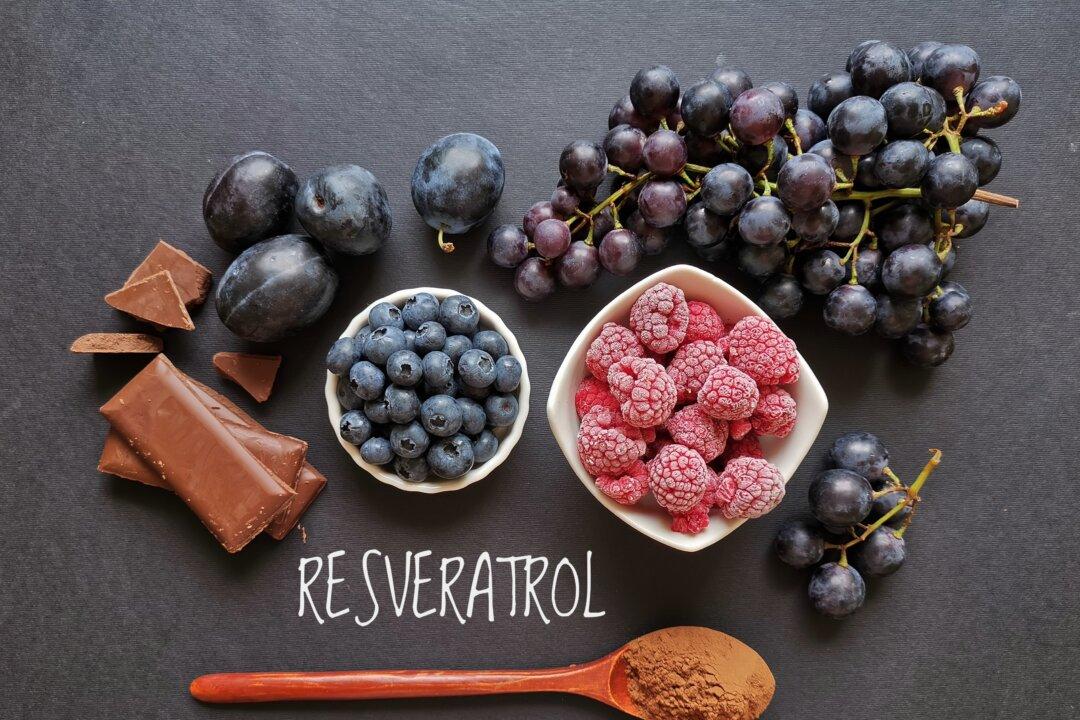Resveratrol is a naturally occurring compound designed to increase the lifespan of plants by helping them resist disease and stressors related to changes in the climate, such as too much ultraviolet light.
These polyphenols are found naturally in the skin of grapes, blue and purple berries, and dark chocolate. Research indicates resveratrol has a noteworthy list of therapeutic effects for people. For instance, it may help regulate neurological inflammation and reduce the development of neurodegenerative diseases.






